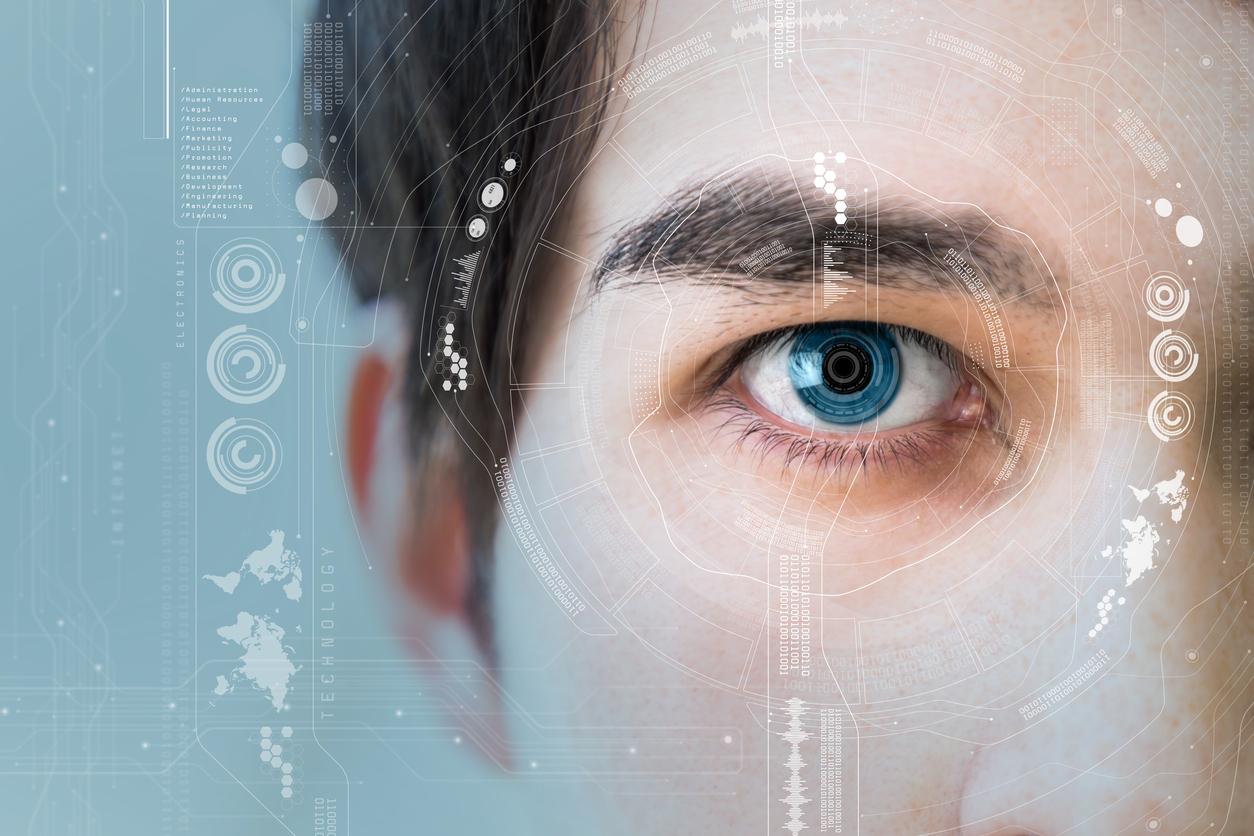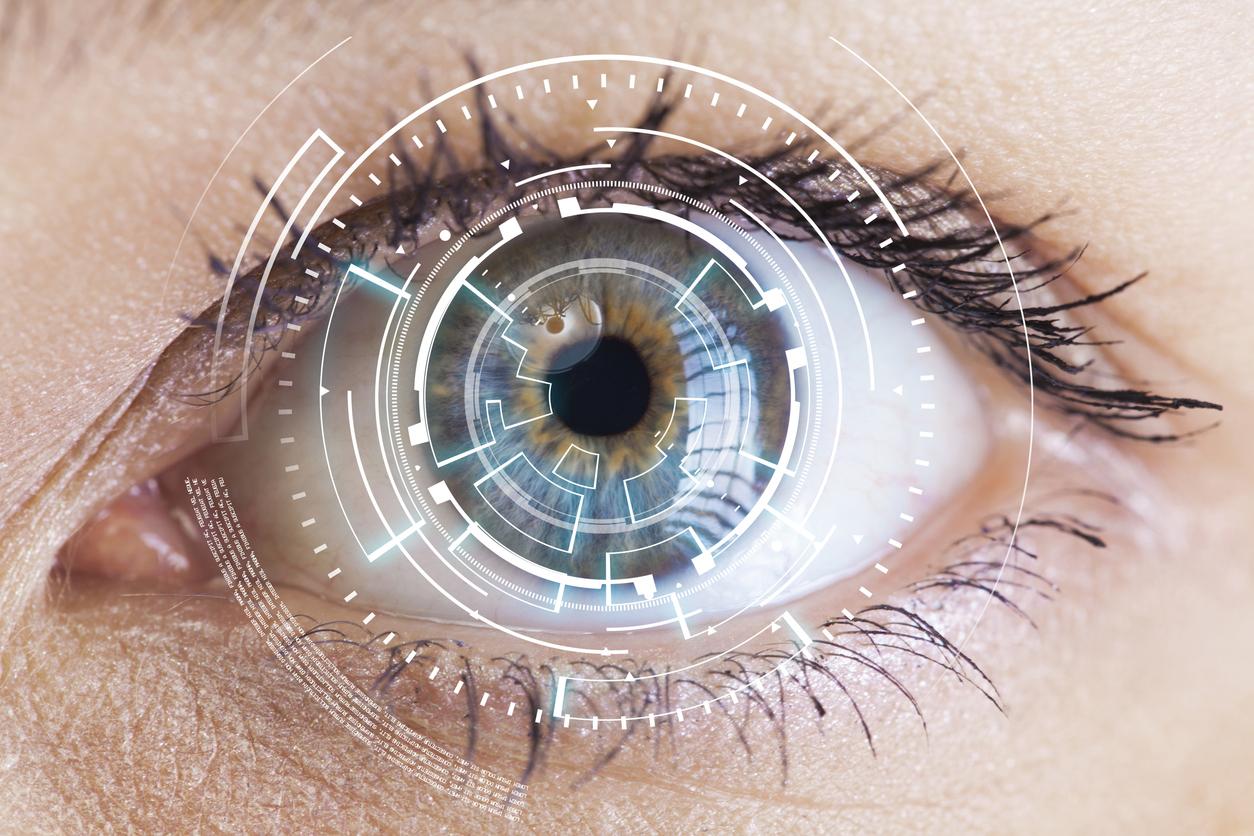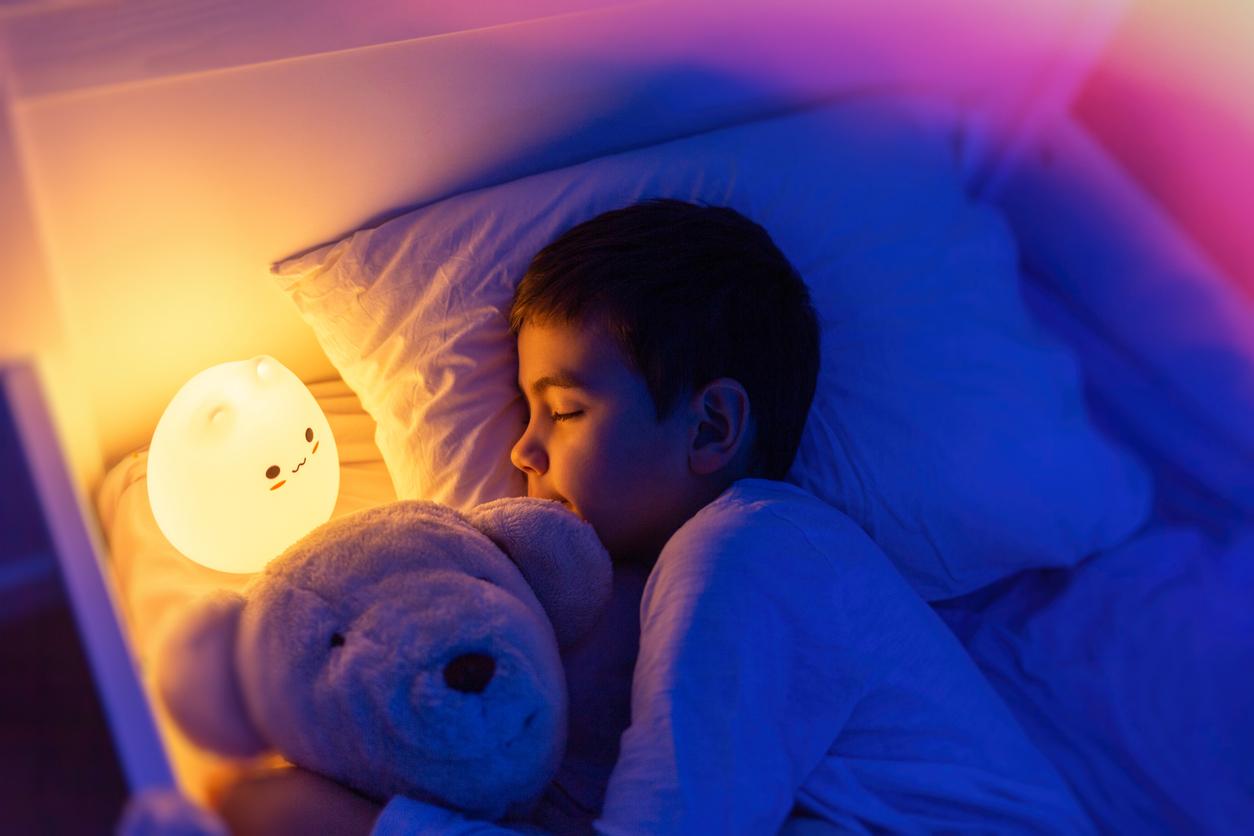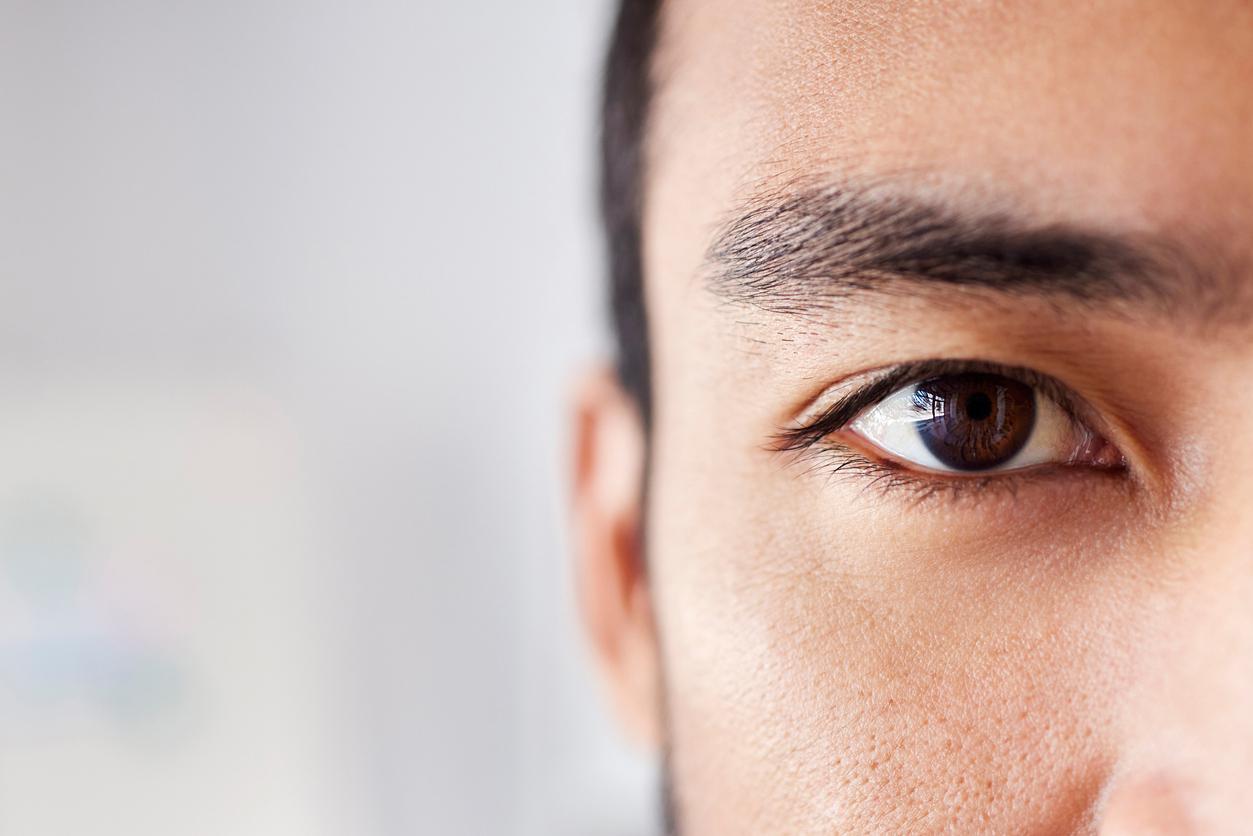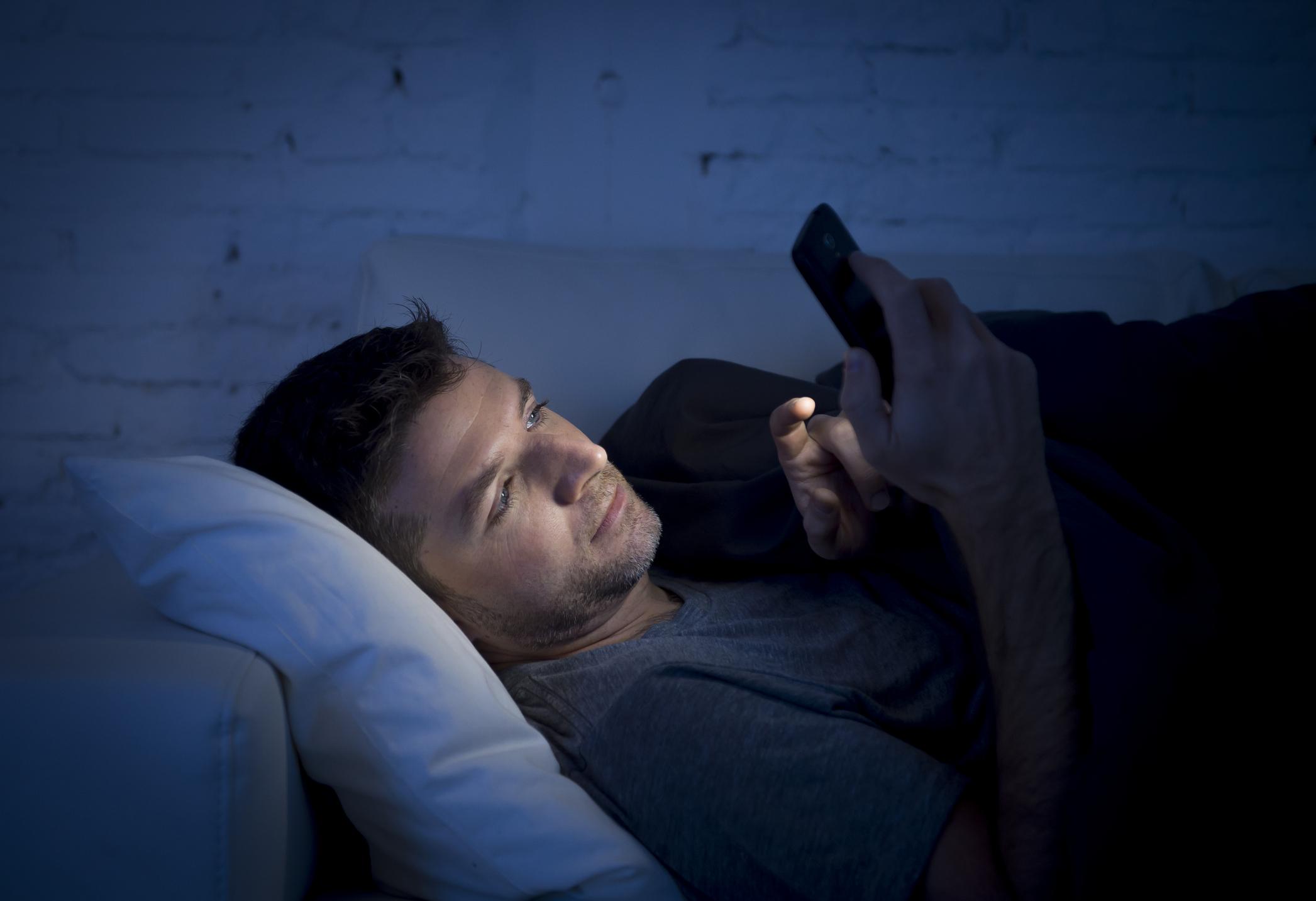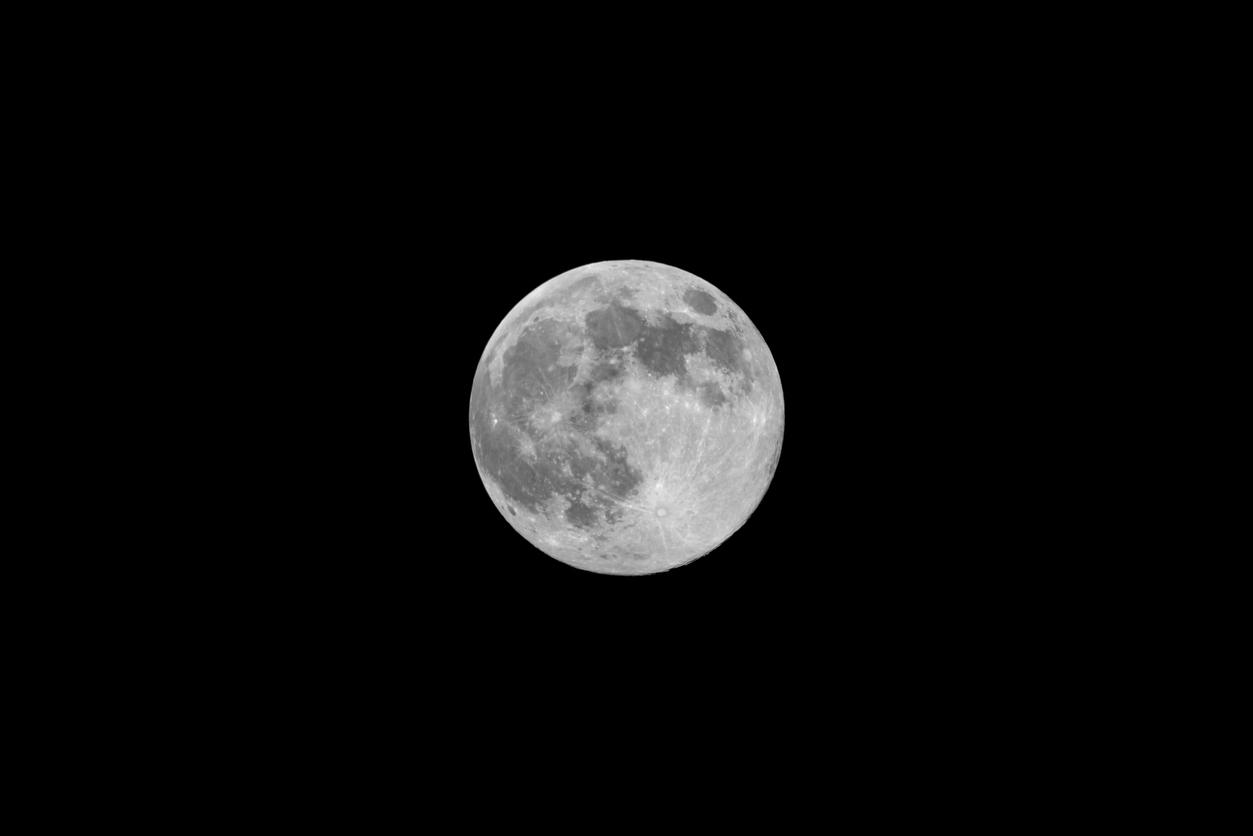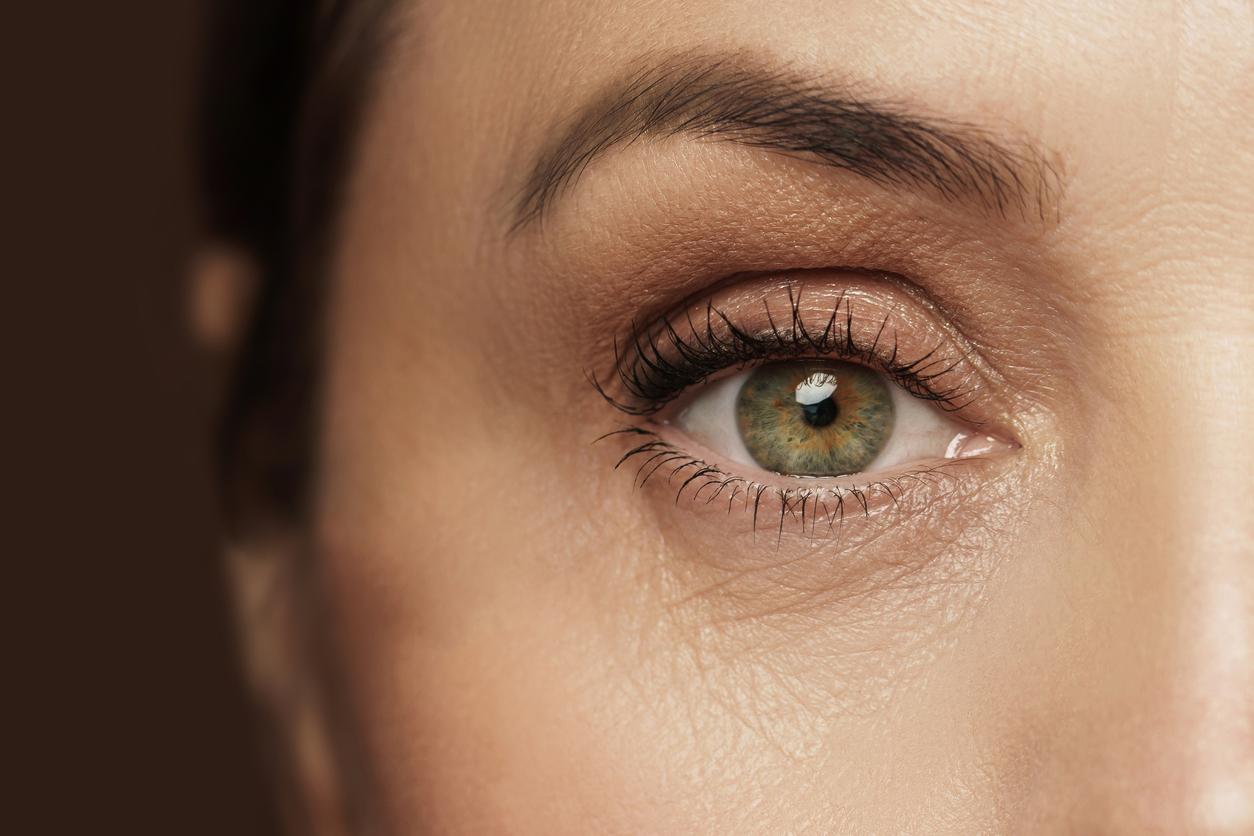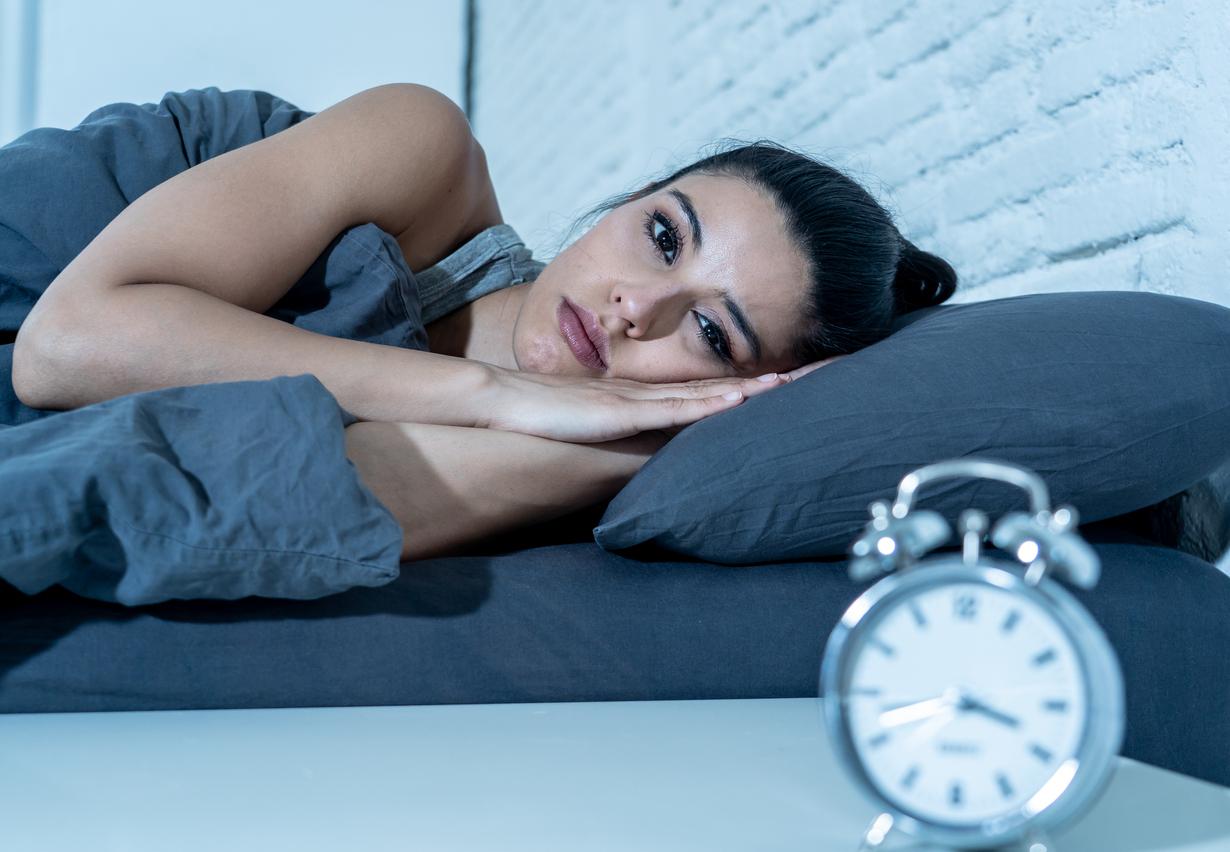Blue light would be beneficial for our biological clock, according to British researchers. Surprising results, given the number of works having pinpointed the harmful effects of this light for our organism in the past.

Lately, we have heard a lot about blue light and its harmful effects on health. According to scientists, this light emitted by our smartphones, televisions and other household appliances is particularly bad for diabetes, for sleep and longevity. However, a study carried out by the University of Manchester (United Kingdom) and whose results appeared in the journal Current Biology, on the contrary, shows a positive effect of blue light on our organism. According to the researchers, it would thus be beneficial for our biological clock.
“The biological clock uses a specialized light-sensitive protein in the eye to measure light, called melanopsin, which is better at detecting short-wavelength photons,” the University of Manchester explains in a press release issued on December 16.
Starting from the principle that the natural light from dusk is darker and bluer than daytime, white or yellow, the researchers exposed mice to specially designed lighting to adjust its color without changing its brightness. They thus found that blue colors had weaker effects on the biological clock of rodents than yellow ones.
Use cooler, dim lights in the evening
“We show that the common view that blue light has the strongest effect on the clock is wrong; in fact, blue colors that are associated with twilight have a weaker effect than white or yellow light of equivalent brightness. There is much interest in modifying the impact of light on the clock by adjusting the brightness signals sensed by melanopsin, but current approaches generally do this by changing the ratio of short to long length light. wave; this gives a small difference in brightness at the expense of noticeable color changes,” comments Dr. Tim Brown, who conducted the study.
“We argue that this is not the best approach, as the color changes may oppose the benefits obtained by reducing the brightness signals detected by melanopsin. Our findings suggest that using dimmer, cooler lights in the evening and warmer, brighter lights during the day might be more beneficial,” he continues. And to conclude: “Research has already shown that harmonizing our body clocks with our work and social life schedules can be good for our health. Appropriate use of color could help us achieve this better.”
Several studies point to the effects of blue light on the body
This study therefore goes against certain results previously observed by scientists.
In October, a study carried out on flies showed in particular that daily and prolonged exposure to the blue light that emerges from our electronic devices would have negative consequences on our retina and our life expectancy.
“The fact that light accelerated aging in flies initially surprised us very much. We had measured the expression of certain genes in old flies and found that stress response and protective genes were expressed if the flies were kept in light. We hypothesized that light would regulate these genes. Then we started thinking about what’s harmful to them in light, and we looked at the spectrum of light. It was very clear that while light without blue slightly shortened their lifespan, only blue light significantly shortened their lifespan,” the researchers noted.
Furthermore, according to Inserm, “for the same perceived light intensity, blue LED light activates the non-visual photosensitive receptors of the retina (melanopsin ganglion cells) a hundred times more than white light from a fluorescent lamp.” Blue light would therefore constantly promote the state of wakefulness. Also, according to the Institute, the significant use of screens in the evening would be associated with a reduction of 1h30 of sleep. A phenomenon that would also increase the risk of sleep disorders, mood, weight gain and school failure in young people.
.








